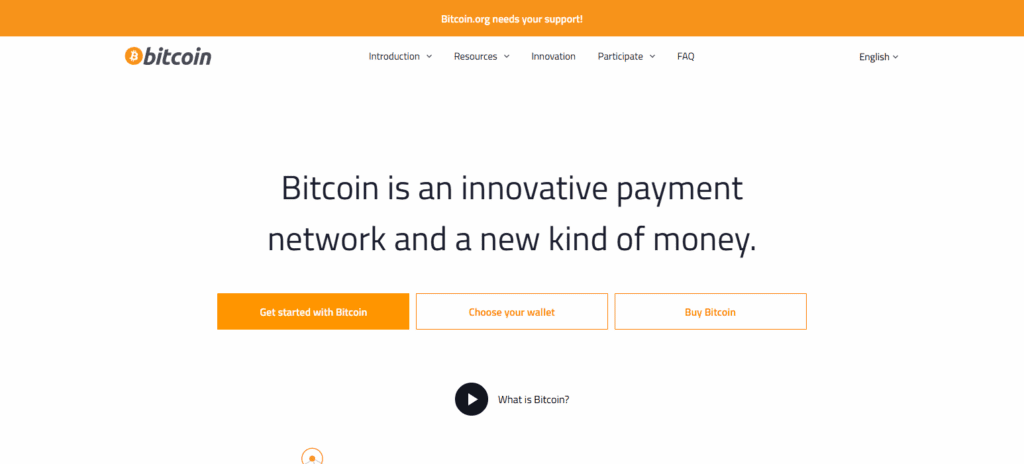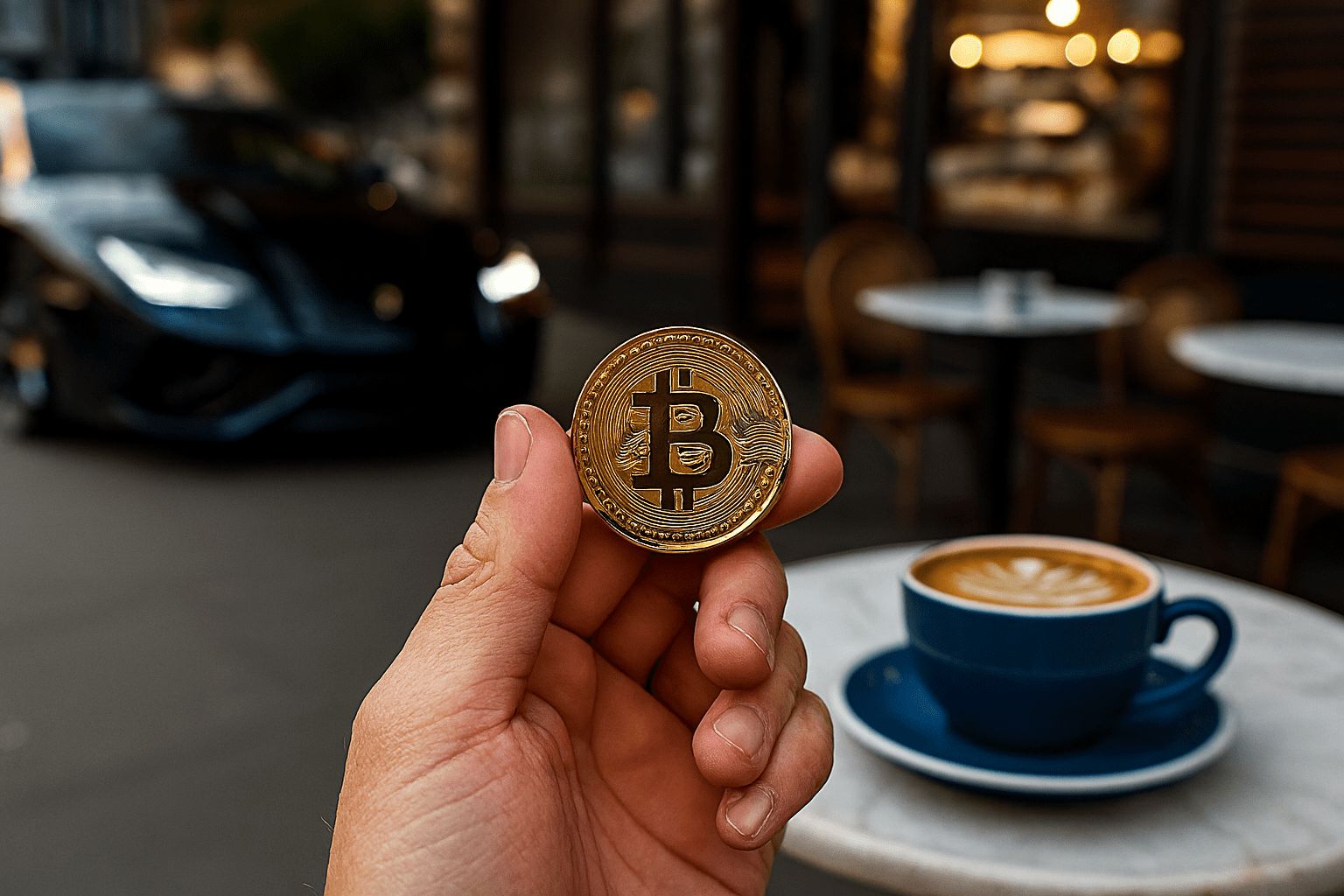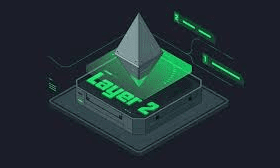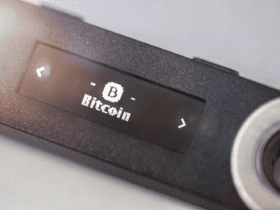Cryptocurrencies are becoming more than just digital investments—they’re being used as a currency for some everyday items and even for extravagant purchases. Some digital currencies are becoming accepted worldwide—they cover purchases ranging from a cup of coffee to a luxury Lamborghini.
Bitcoin, Ethereum, and some other altcoins are spearheading this movement for seamless, instantaneous, and secure cross-border transactions. Here are some cryptocurrencies that are closing the distance between the everyday and the luxurious.
What is Cryptocurrency?
Cryptocurrency refers to types of digital or virtual currencies that use various forms of encryption for secure transactions to the point of being unique and securing them from counterfeiting or multiple uses.
Cryptocurrencies do not use blockchain technology. They do not use the traditional state government forms of currencies. They record and maintain the history of all cryptocurrency transactions.
Well-known cryptocurrencies are Bitcoin, Ethereum, and Binance Coin. Cryptocurrency is globally transferable, and decoupled from banking and intermediaries. Cryptocurrency and blockchain technology are very popular globally. They are secure, and hold tremendous potential for high returns.
Which cryptocurrency is widely accepted around the world to buy coffee and a Lamborghini
1. Bitcoin (BTC)
Among the cryptocurrencies, Bitcoin has the most acceptance and recognition throughout the world. There are now a fair number of cafes, restaurants, and online retailers that accept BTC for minor purchases, coffee included.

Simultaneously, luxurious car dealerships across Europe and the U.S. accept Bitcoin for high-ticket purchases like Lamborghinis. As peer-to-peer transactions are allowed on its blockchain, there are no third parties to hassle.
Furthermore, because of its global acceptance, liquidity and strong infrastructure, Bitcoin has the potential to take on everyday transactions and luxury purchases simultaneously. Bitcoin continues to lead acceptance of all cryptocurrencies when it comes to commerce.
Bitcoin (BTC) Pros & Cons
Pros:
- Store of Value: Often referred to as “digital gold,” Bitcoin is viewed as a hedge against inflation and economic instability.
- Widespread Adoption: Accepted by numerous merchants and institutions globally.
- Security: Robust network with a large number of miners ensuring transaction integrity.
- Liquidity: High trading volume on most exchanges, facilitating easy buying and selling.
Cons:
- Scalability Issues: Limited transactions per second can lead to delays and higher fees during congestion.
- Energy Consumption: Proof-of-work mechanism requires significant energy, raising environmental concerns.
- Price Volatility: Subject to significant price fluctuations, which can deter some investors.
2. Ethereum (ETH)
Ethereum stands to be the second largest cryptocurrency by market capitalization and is gaining the attention of more people worldwide as a method of payment. Numerous merchants and cafes have added Ethereum as a payment option allowing patrons to use Ethereum to pay for coffee and other everyday purchases.

Ethereum’s smart contract capabilities mean that even high-value purchases such as luxury cars can be paid for using Ethereum and the transaction is safe and transparent. Some high-end car dealerships that sell Ethereum Lamborghinis and other exotic cars to Ethereum holders providing very unique and interesting ways to spend Ethereum.
Because of the strong Ethereum community and the number of exchanges that sell Ethereum, it is easily to use Ethereum for everyday purchases and high-end luxury items .
Ethereum (ETH) Pros & Cons
Pros:
- Smart Contracts: Enables decentralized applications (dApps) and smart contracts, fostering innovation in various sectors.
- Transition to Proof-of-Stake: Ethereum 2.0 aims to reduce energy consumption and improve scalability.
- Large Developer Community: Continuous development and support for new projects and applications.
Cons:
- High Gas Fees: Transaction fees can be expensive, especially during network congestion.
- Complexity: The multifaceted nature of the platform can pose challenges for inexperienced users and programmers.
- Competition: There are challenges from other blockchains offering similar services.
3. Litecoin (LTC)
Litecoin is best know for its transaction speeds and low transfer fees, perfect for daily purchases like coffee. The network’s efficiency has led to many merchants adopting LTC as a payment option.

Although it is less common then other cryptocurrencies such as Bitcoin or Ethereum, it can also be used at certain luxury car dealerships, including those that sell high-end sports cars like Lamborghinis.
Litecoin provides shifts and currency for everyday transactions and high-end purchases, as well as extensive and rapid payment processing for users.
Litecoin (LTC) Pros & Cons
Pros:
- Rapid Transactions: With a quicker block generation time relative to Bitcoin, transaction confirmations are achieved with even greater speed.
- Minuscule Costs: Transactions are cheaper, and are hence far more cost-effective for smaller transactions.
- Long-Standing Network: The currency has built a reputation and presence in the market for a considerable amount of time.
Cons:
- Smart Contracts: Comparatively, it has less advanced programmability features than Ethereum tailored instruments.
- Reduced Acceptability: For a considerable amount of time, Litecoin has remained accepted by less merchants.
- Stagnation: A considerable amount of the community appears to perceive it has less to offer when stacked against more recent innovations in the cryptocurrency space.
4. Dogecoin (DOGE)
While originally created as a meme, Dogecoin has transformed and gained recognition as a legitimate currency. A growing number of merchants and cafes will offer you your weekday coffees for Dogecoin, streamlining your purchases.

You can also pay for more expensive and luxury merchandise. Exotic car dealers, including those selling Lamborghinis, accept Dogecoin for payments, providing, of course, you pay for the car using Dogecoin in the moment.
Buying and paying using Dogecoin has as much flexibility as paying using cash. This helps solidify Dogecoin as a meme currency for lower tier and more expensive purchases.
Dogecoin (DOGE) Pros & Cons
Pros:
- Economic Transactions: Very suitable for microtransactions and for tipping.
- Transaction Completion: The time taken for transaction confirmations is fast, therefore, enhancing customer satisfaction.
- Community Morale: The community dedicated to the instrument is strong, aiding in the overall popularity and use cases.
Cons:
- Supply: With no upper limit to the total coins that can ever be circulated, the currency could be greatly devaluated in the future.
- No Advancement: Considered by many as lacking any significant future technological enhancement geared towards benefiting the currency and its users.
- Speculation: The price is highly susceptible to speculation. The price has even greater volatility, concentrated mainly on social media and prominent influencers.
5. Bitcoin Cash (BCH)
As a Bitcoin fork, Bitcoin Cash places a specific focus on cheaper and quicker transactions, especially for daily purchases and payments, including coffee. With lower transaction fees and quicker transaction confirmations, cash works better for smaller transactions than Bitcoin.

BCH has even gained enough traction among merchants to pay with for luxury purchases, including Lamborghinis. Bitcoin Cash balances decentralization with security and provides ease of access as you pay and spend cash daily.
This, coupled with their growing adoption by other merchants and car dealerships for daily luxurious spending, cements their position on mainstream cryptocurrency expenses.
Bitcoin Cash (BCH) Pros & Cons
Pros:
- Increased Block Size. Larger BCH blocks allow more transactions, which lowers fees and decreases congestion.
- Fast Transactions. BCH’s enhanced scalability means that transactions can be processed more quickly.
- Decentralized. BCH network, like Bitcoin, remains completely decentralized.
Cons:
- Lower Adoption. BCH is accepted by fewer merchants than Bitcoin.
- Community Divisions. BCH’s community has infighting regarding its future and development.
- Perceived as a Fork. BCH is Bitcoin’s fork and some see it as having nothing new to offer.
Future Outlook
As technology improves and more businesses around the world start embracing crypto, the use of cryptocurrencies is likely to continue growing. Recent innovations, such as new payment systems and layer-2 scaling solutions, target the time and costs/problems associated with transactions, which really helps the usefulness of crypto for everyday activities.
Stablecoins and central bank digital currencies (CBDCs) will continue to build trust and confidence as well as further use. More clear-cut regulations will likely lead to even more businesses accepting crypto, from coffee shops to even luxury car dealerships. This will increase the use of crypto in everyday transactions.
Challenges and Limitations
Price changes
New cryptocurrencies do not have stable consumer prices or dependable budgeting frameworks.
Unpredictable laws and regulations
The cross governing regulations of different countries is a challenge to mainstream adoption and usage.
Business reluctance
The majority of businesses do not accept crypto mainly due to a lack of technical knowledge and an exaggerated sense of the risks.
High transaction costs
High network costs and low service availability during network congestion peak times restrict cryptocurrency utility to high value purchases.
Limited expandability
The network’s operational speed combined with the transaction volume in relation to its users can become limited.
Cryptocurrencies for Luxury Purchase
Crypto-enabled purchases are not limited to luxury cars; they also include yachts and designer goods and other high-ticket items. Bitcoin (BTC) is the most universally accepted cryptocurrency and many luxury car dealerships around the world accept it as a payment option.
Ethereum (ETH) is also becoming more popular because of its liquidity and smart contracts which provide a secured transaction option and transaction verification. Litecoin (LTC) and Bitcoin Cash (BCH) focus on quick and affordable payment using cryptocurrencies while Dogecoin (DOGE) has also been used for extravagant purchases, most of which were intended to endorse it on social media.
Purchasing luxury items using cryptocurrencies provides instant, borderless transactions without the need for bank. Certain luxury dealerships are now allied to cryptocurrency payment processors, allowing buyers to convert cryptocurrencies to fiat.
This is indicative of the mainstream adoption of digital assets for high-value spending and the increasing adoption of cryptocurrencies for spending purposes instead of only for investments.
Conclusion
In conclusion, Bitcoin (BTC) is clearly the most accepted cryptocurrency, whether for mundane transactions like buying a cup of coffee or extravagant purchases like a Lamborghini.
The extensive Bitcoin network and its remarkable liquidity are major factors that contribute to Bitcoin’s needs and availability for consumers and merchants.
Ethereum (ETH), Litecoin (LTC), Dogecoin (DOGE), and Bitcoin Cash (BCH) are also great options, especially for consumers and merchants who favor faster and cheaper transactions.
The increasing acceptance of cryptocurrency demonstrates that these digital assets are more than an investment; they serve, and will continue to serve, as a currency for everyday and luxury purchases.













